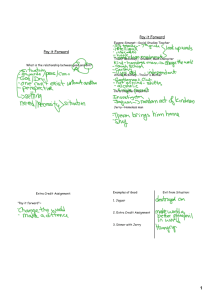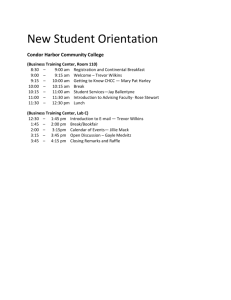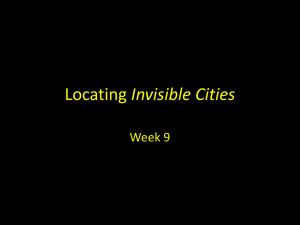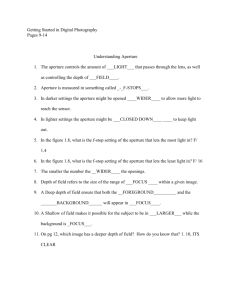Invisible - Altman Siegel Gallery
advertisement
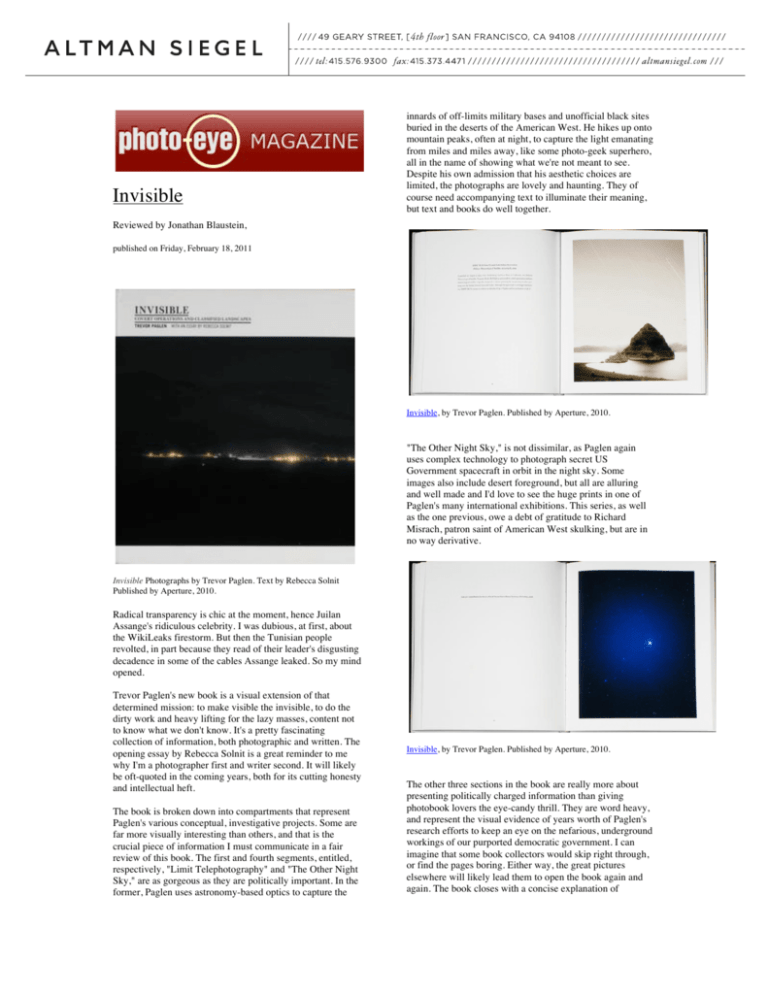
Invisible innards of off-limits military bases and unofficial black sites buried in the deserts of the American West. He hikes up onto mountain peaks, often at night, to capture the light emanating from miles and miles away, like some photo-geek superhero, all in the name of showing what we're not meant to see. Despite his own admission that his aesthetic choices are limited, the photographs are lovely and haunting. They of course need accompanying text to illuminate their meaning, but text and books do well together. Reviewed by Jonathan Blaustein, published on Friday, February 18, 2011 Invisible, by Trevor Paglen. Published by Aperture, 2010. "The Other Night Sky," is not dissimilar, as Paglen again uses complex technology to photograph secret US Government spacecraft in orbit in the night sky. Some images also include desert foreground, but all are alluring and well made and I'd love to see the huge prints in one of Paglen's many international exhibitions. This series, as well as the one previous, owe a debt of gratitude to Richard Misrach, patron saint of American West skulking, but are in no way derivative. Invisible Photographs by Trevor Paglen. Text by Rebecca Solnit Published by Aperture, 2010. Radical transparency is chic at the moment, hence Juilan Assange's ridiculous celebrity. I was dubious, at first, about the WikiLeaks firestorm. But then the Tunisian people revolted, in part because they read of their leader's disgusting decadence in some of the cables Assange leaked. So my mind opened. Trevor Paglen's new book is a visual extension of that determined mission: to make visible the invisible, to do the dirty work and heavy lifting for the lazy masses, content not to know what we don't know. It's a pretty fascinating collection of information, both photographic and written. The opening essay by Rebecca Solnit is a great reminder to me why I'm a photographer first and writer second. It will likely be oft-quoted in the coming years, both for its cutting honesty and intellectual heft. The book is broken down into compartments that represent Paglen's various conceptual, investigative projects. Some are far more visually interesting than others, and that is the crucial piece of information I must communicate in a fair review of this book. The first and fourth segments, entitled, respectively, "Limit Telephotography" and "The Other Night Sky," are as gorgeous as they are politically important. In the former, Paglen uses astronomy-based optics to capture the Invisible, by Trevor Paglen. Published by Aperture, 2010. The other three sections in the book are really more about presenting politically charged information than giving photobook lovers the eye-candy thrill. They are word heavy, and represent the visual evidence of years worth of Paglen's research efforts to keep an eye on the nefarious, underground workings of our purported democratic government. I can imagine that some book collectors would skip right through, or find the pages boring. Either way, the great pictures elsewhere will likely lead them to open the book again and again. The book closes with a concise explanation of technique and motivation. Many would place that at the beginning to explain ahead of time what the reader will encounter, but I think it was wise the let the imagination wander until the end. Invisible, by Trevor Paglen. Published by Aperture, 2010. Aperture has published something genuinely important here. The production quality is high, befitting a collector's expectations, but really it's beside the point. This book is a record of obsession; a passionate desire to fight an unwinnable battle against a superior enemy. Geeks can't damage governments with only the power of information and technology -- or so I thought a few weeks ago... — JONATHAN BLAUSTEIN -------------Jonathan Blaustein is a photographer and writer based in Taos, NM. His work resides in several major museum collections and has been exhibited widely in the United States. For more information, please visit www.jonathanblaustein.com.
